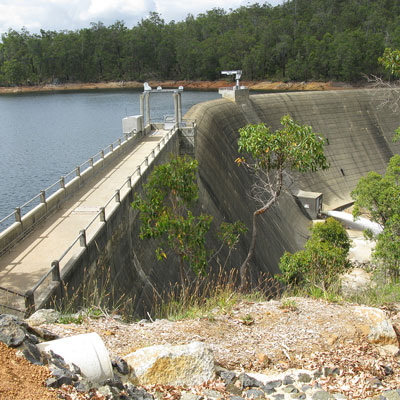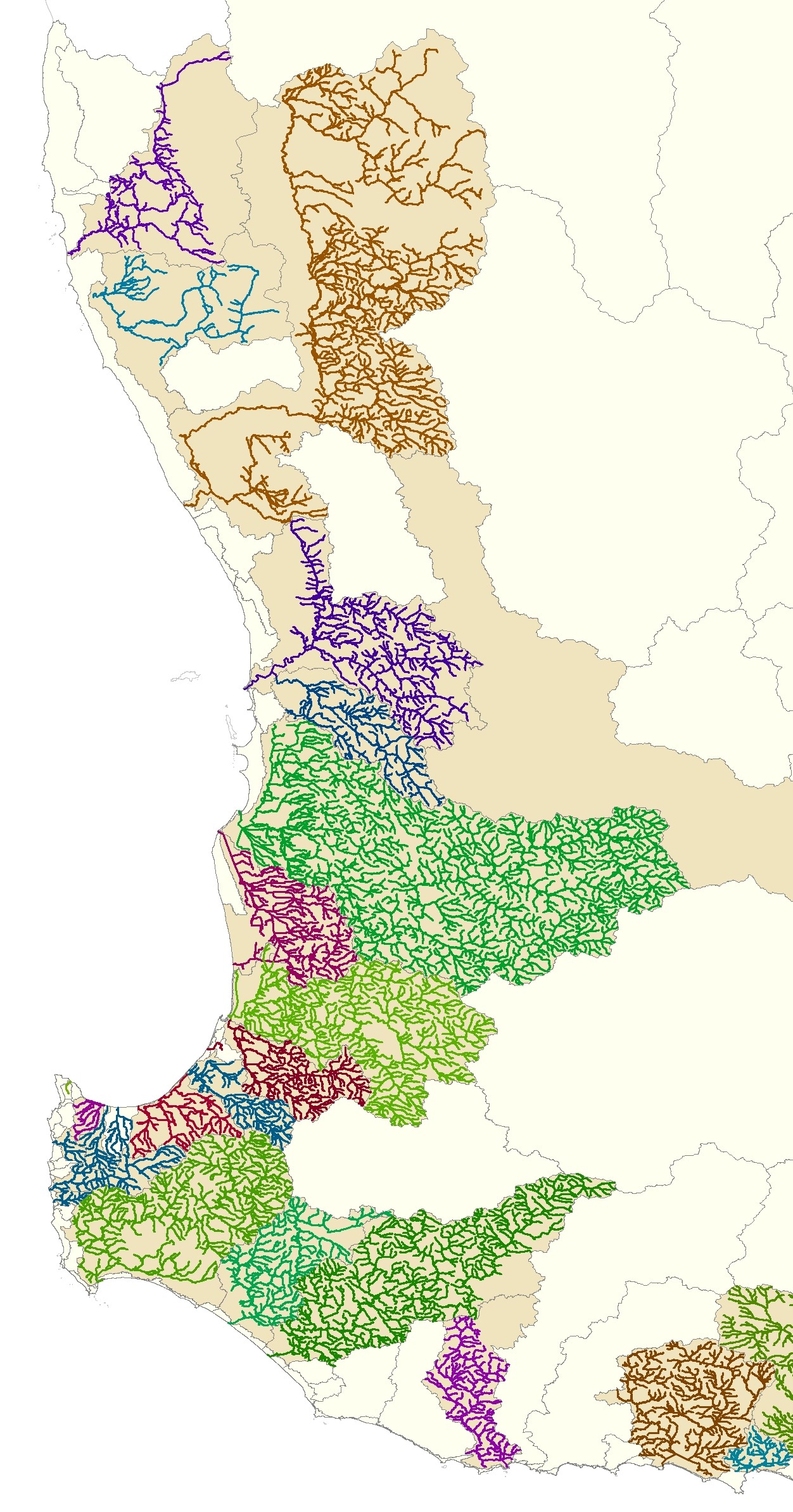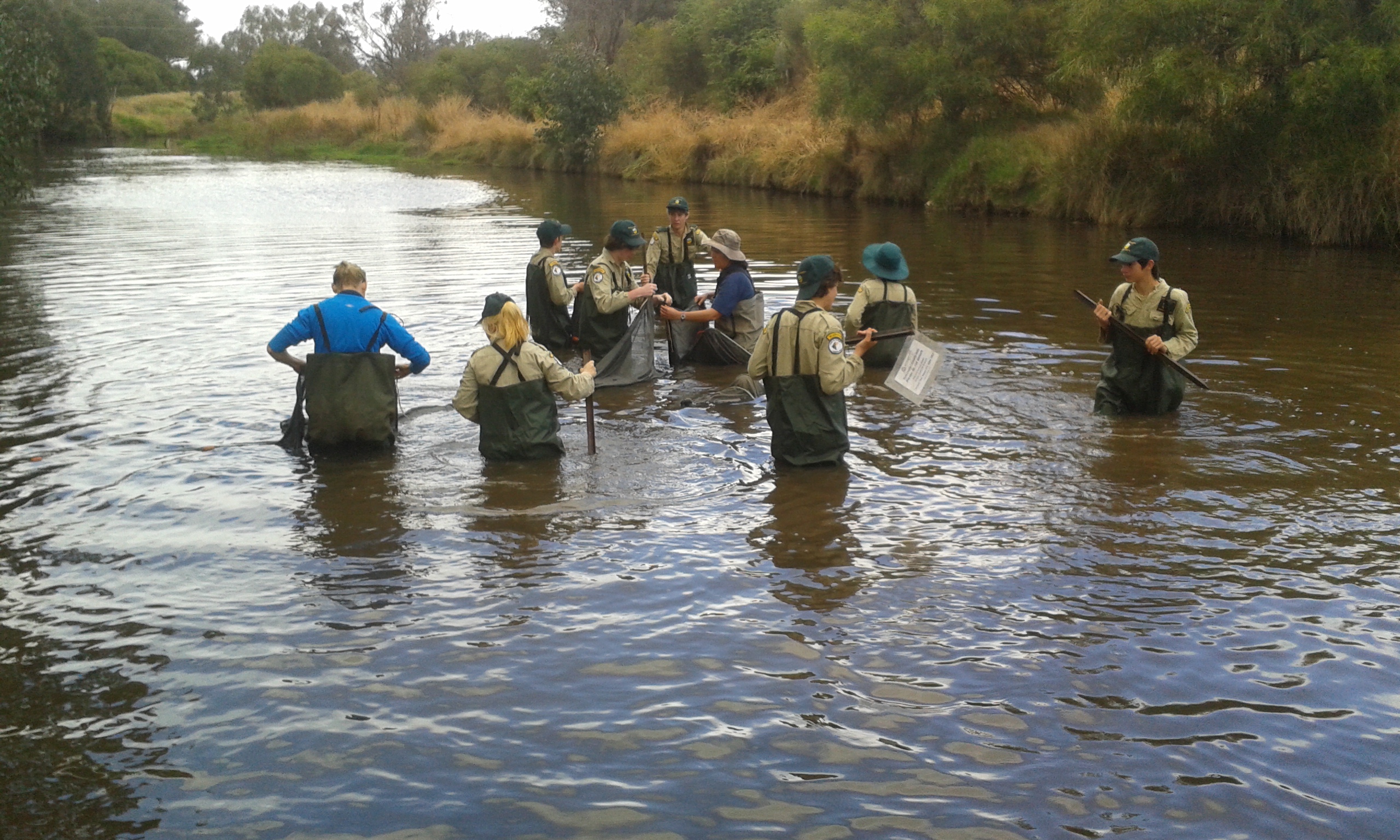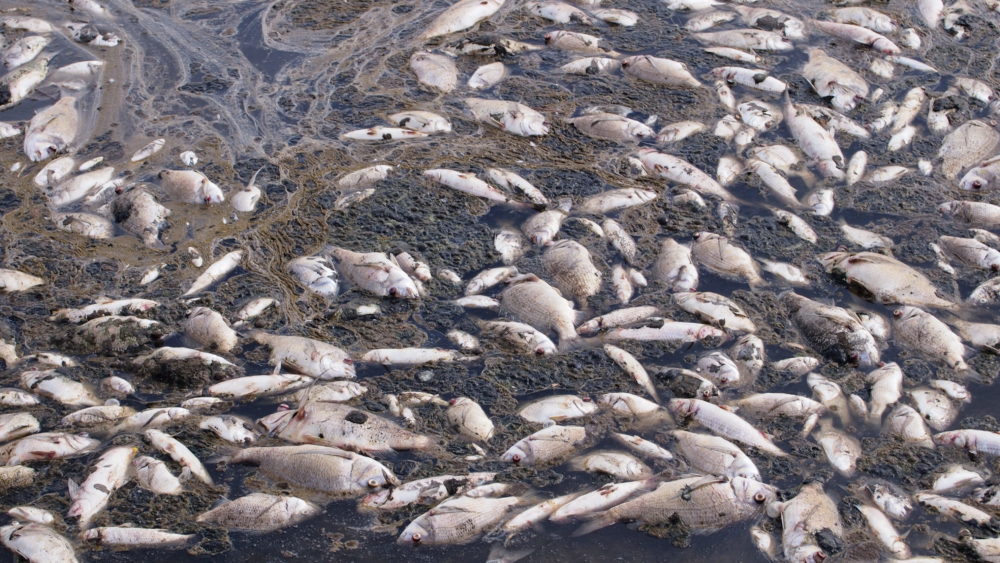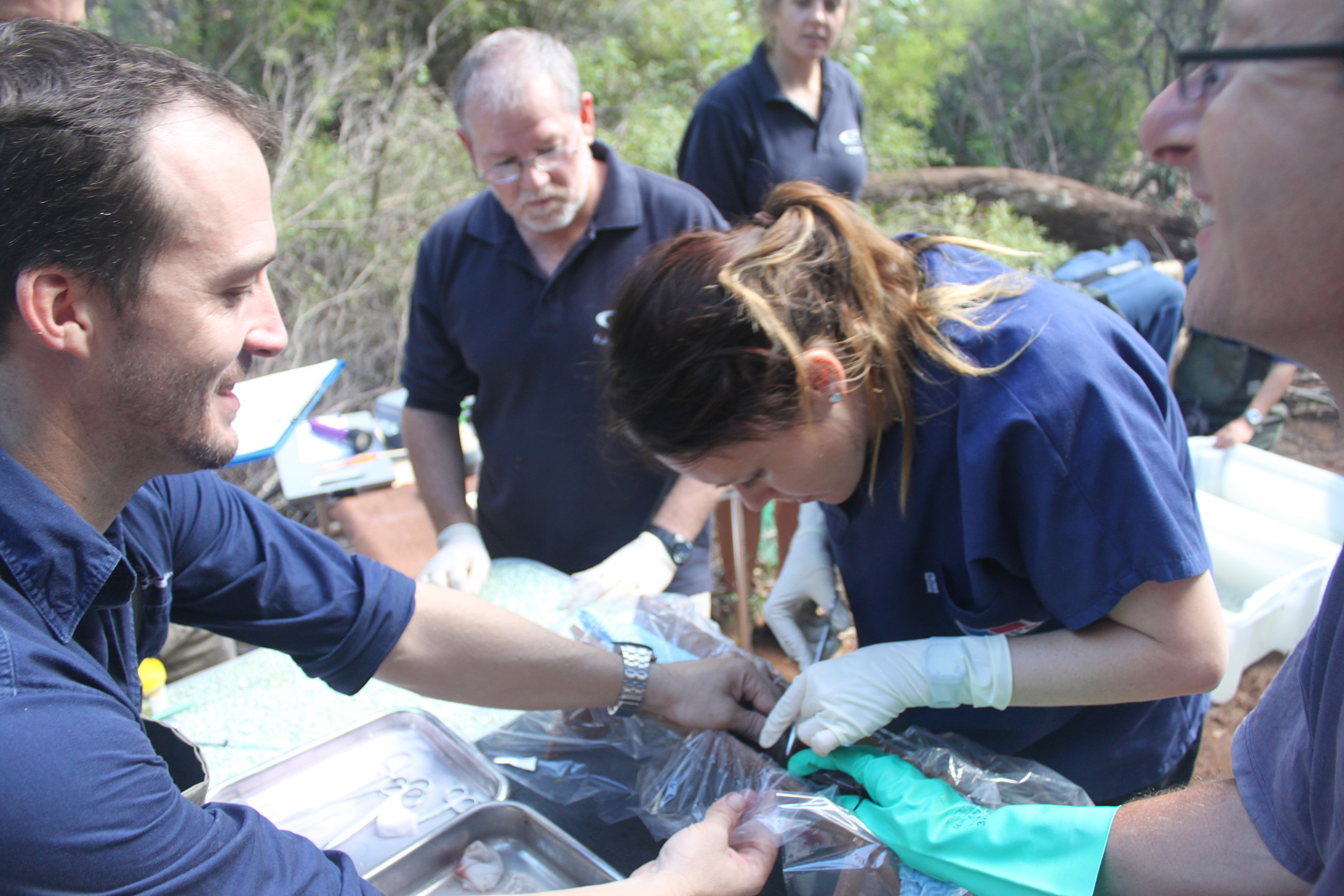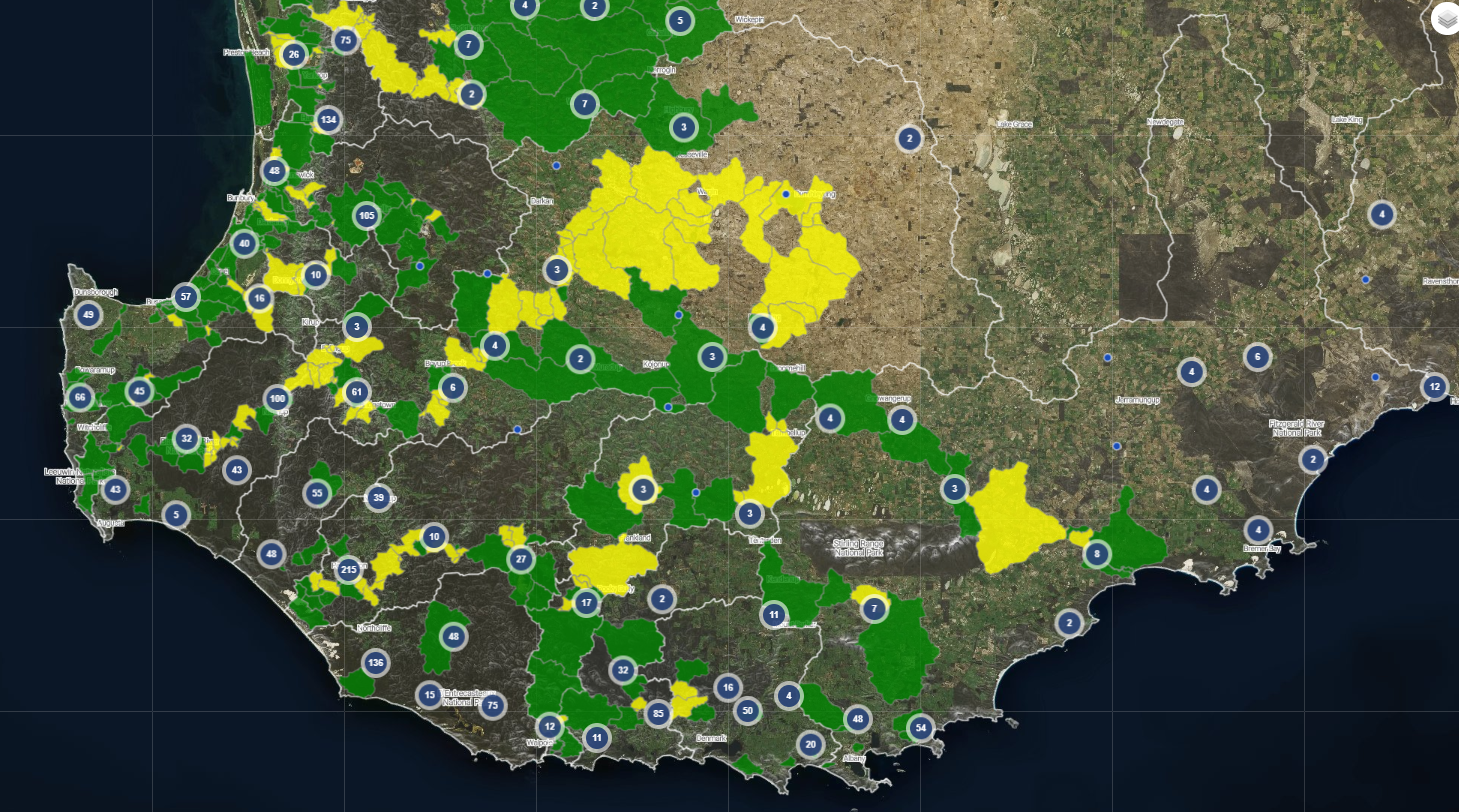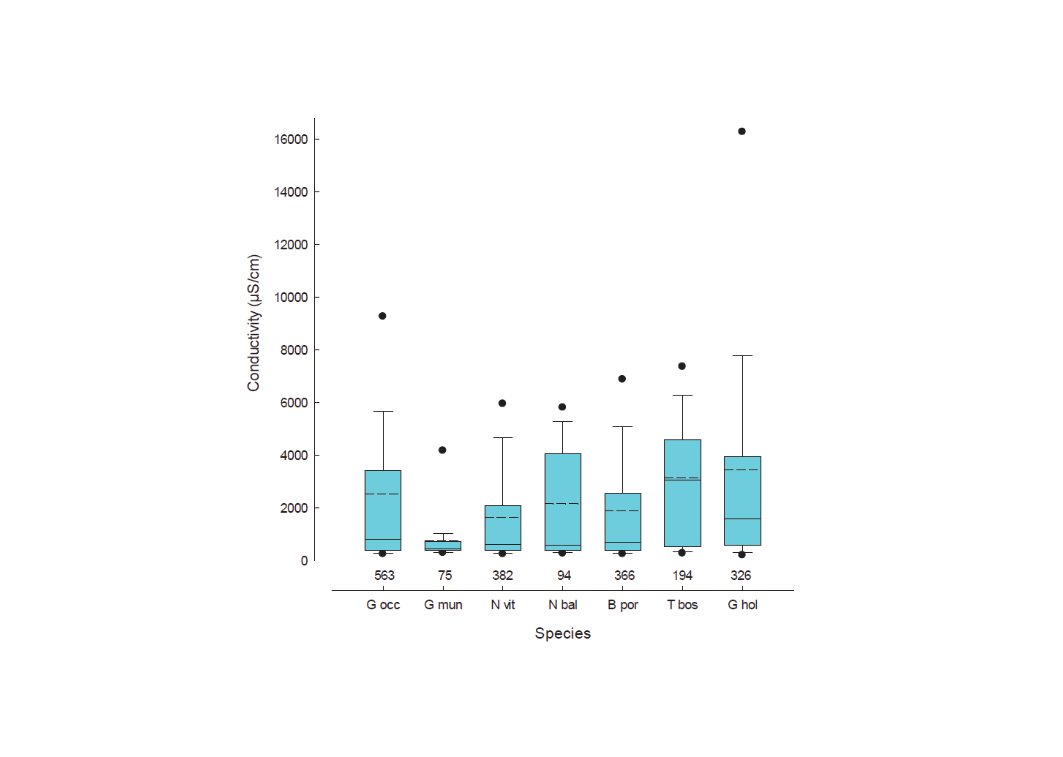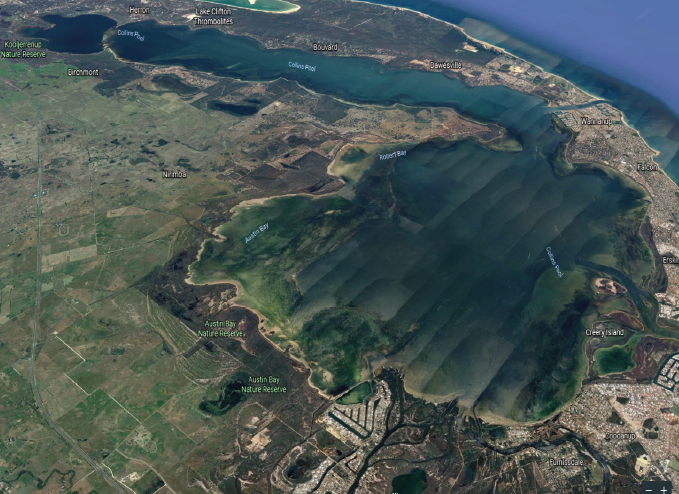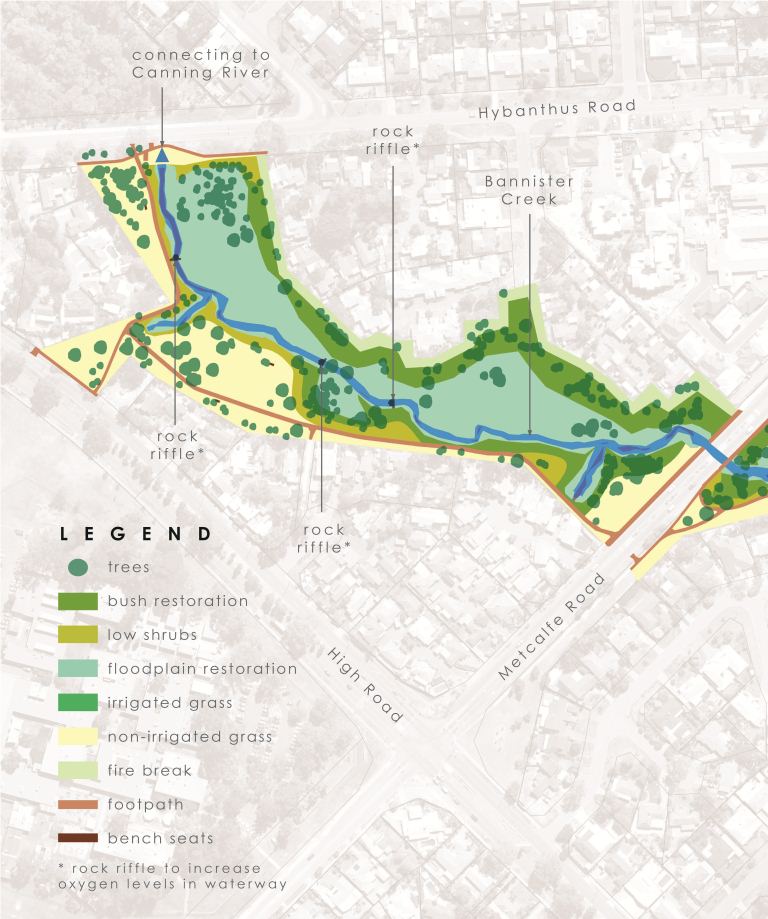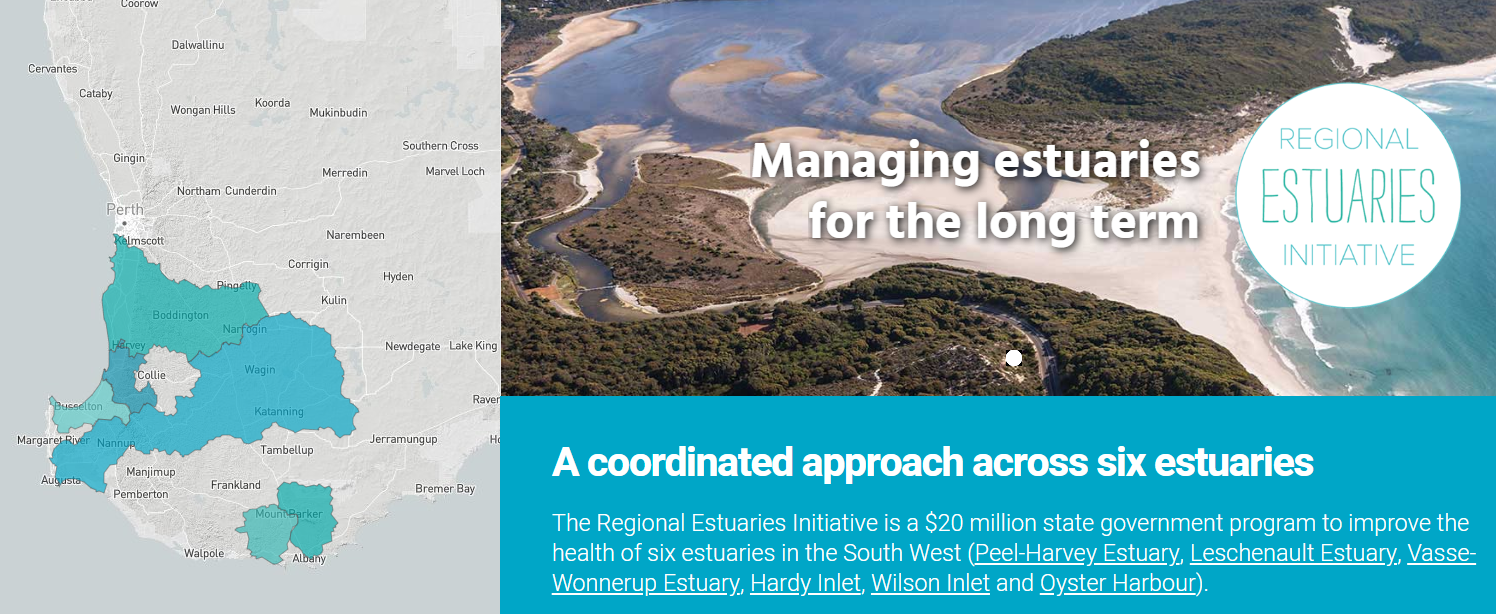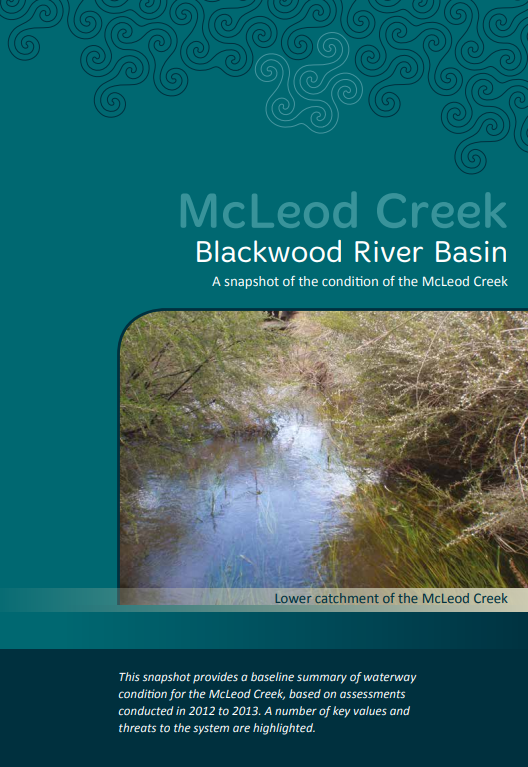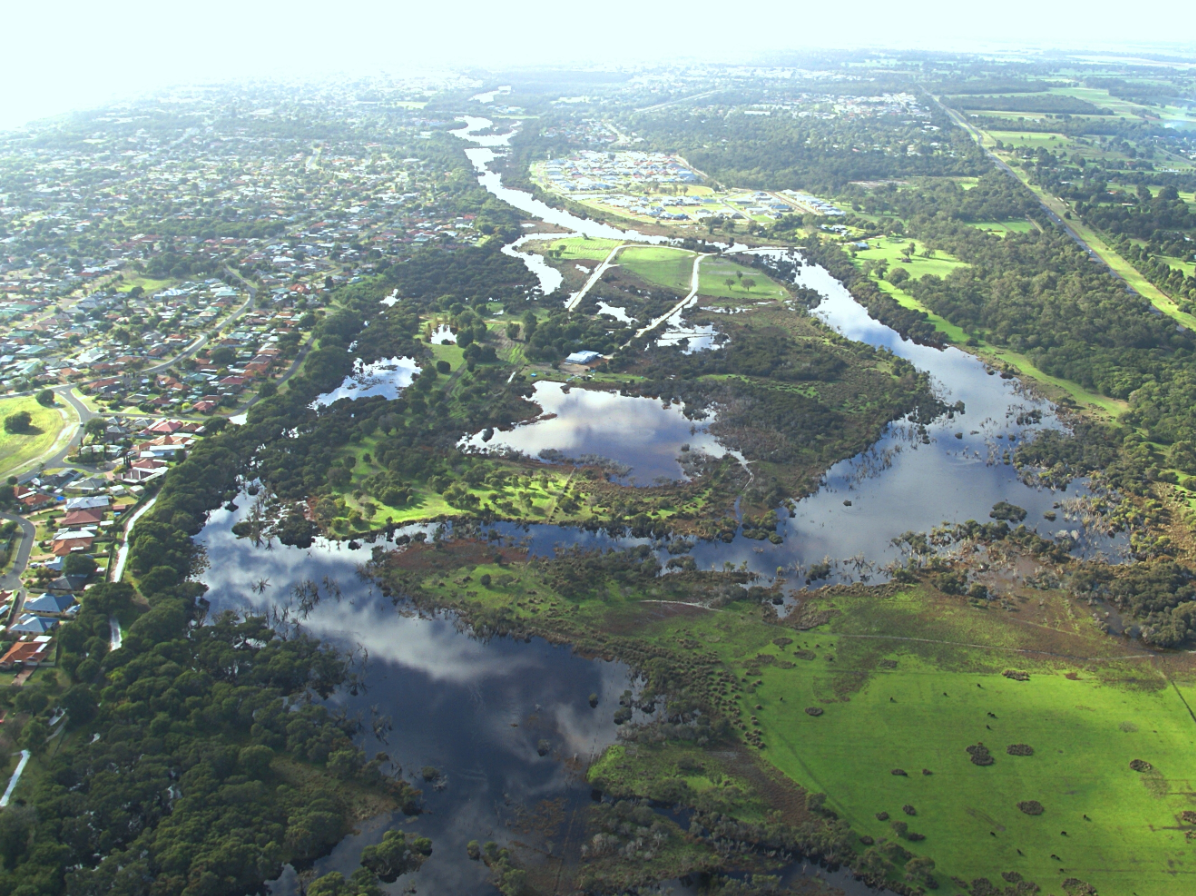Adapting to changing climate
Changes to our climate include rainfall, temperature, evaporation and extreme weather events. Our assessments help to better understand how river ecosystems respond to these changes, and what we can do to best protect our rivers into the future.
Water for rivers and strong communities
River health data is used in helping to determine ecological water requirements (water required to meet ecosystem needs) and in evaluating the effectiveness of managed flow regimes to support water-dependent ecosystems.
River sensitive development
The Healthy River program supports the department’s land use planning through the assessment of potential risks from a wide range of development proposals, and providing advice on best management practices.
Assessing responses of rivers to change
River health information is used by our officers to determine the ecological risk of a range of activities, and in setting conditions on them to protect our rivers, or in adapting management.
Partnerships, advice and support
We strongly believe that successful management of our rivers requires communication, collaboration, partnerships and shared responsibility.
In addition to freely sharing the data we collect, we seek to support the valuable work being done by other government agencies, non-government organisations, universities and the community. This includes working closely with other river managers, providing training in river assessments, technical advice or field support, funding, and letters of support to attract investment in priority research areas and river management activities.
The Department of Water and Environmental Regulation has a long and successful history of collaborating with others to achieve better outcomes for our rivers. Some of the current and recent projects that Healthy Rivers contributes to are listed below – if you would like to know more about any of these projects please Contact Us.
Note: Fisheries, mentioned below, is part of the Department of Primary Industries and Regional Development.


